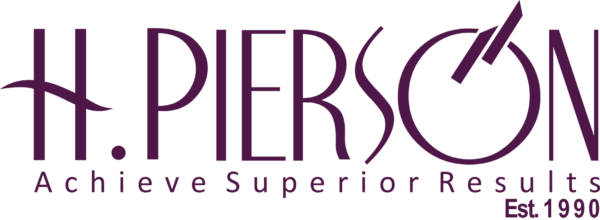KEY STRATEGY ISSUES FOR POWER DISTRIBUTION COMPANIES IN AFRICA TO CONSIDER AS THEY PLAN FOR THEIR 2025 BUSINESS
December 12, 2024 Strategy
Short-Term
1. Metering and Customer Enumeration: Achieve 100% metering coverage.
2. Network Upgrade and Expansion: Improve distribution infrastructure.
3. Loss Reduction: Minimize technical and non-technical losses.
4. Revenue Collection Efficiency: Enhance billing and collection processes.
5. Customer Engagement: Improve customer service and experience.
Medium-Term
1. Smart Grids and Technology: Leverage technology for efficient distribution.
2. Renewable Energy Integration: Prepare for decentralized power generation.
3. Energy Efficiency: Promote energy-saving practices among customers.
4. Regional Cooperation: Collaborate with neighboring DISCOs.
5. Regulatory Compliance: Align with Nigerian Electricity Regulatory Commission (NERC) standards.
Long-Term
1. Decentralized Distribution: Explore mini-grids and embedded generation.
2. Electric Vehicle Integration: Prepare for EV adoption and charging infrastructure.
3. Grid Modernization: Upgrade transmission and distribution infrastructure.
4. Innovation and R&D: Invest in new technologies.
5. Capacity Building: Develop local expertise in power distribution.
Regulatory and Policy Considerations
1. Regulations: Engage with the Electricity Regulatory agency.
2. Government Policies: Align with Federal Government’s power sector reforms.
3. Environmental Considerations: Comply with environmental regulations.
4. Community Engagement: Foster positive relationships with host communities.
5. Investor Confidence: Ensure transparency and stability.
Financial Considerations
1. Investment Attractions: Access funding from local and international investors.
2. Cost Recovery: Ensure tariff stability and revenue assurance.
3. Risk Management: Mitigate operational, financial, and regulatory risks.
4. Public-Private Partnerships: Explore collaborative financing models.
5. Return on Investment: Optimize profitability.
Operational Efficiency
1. Outage Management: Minimize downtime and improve response times.
2. Maintenance Optimization: Implement predictive maintenance.
3. Supply Chain Management: Streamline procurement processes.
4. Workforce Development: Enhance staff skills and training.
5. Performance Monitoring: Track key performance indicators (KPIs).



